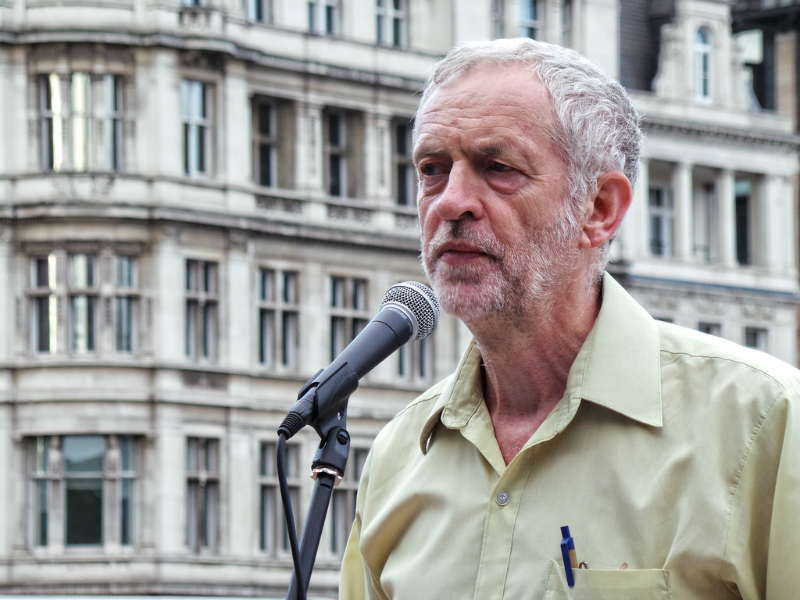There was a terrifying video making the rounds on social media last week amid Palestinian Islamic Jihad’s rocket barrage on southern Israel. The closed-circuit TV footage showed a busy nine-lane highway intersection northeast of the Gaza Strip, in Be’er Tuvia, the sort of image you’d expect to see flickering past your eyes on the local 24-hour news channel.
A truck drives through, a bus and a cement mixer each wait for an opening to make a turn, cars angle off toward an exit ramp. And then, out of nowhere, a massive fireball explodes on the road. As the smoke rises, two small vehicles race through the interchange. You can watch the video 100 times and still not be able to figure out how those cars and their passengers made it safely through the rocket attack.
It was just one example among many of the consequences of terrorism, the reality of life when your next-door neighbours are hellbent on your destruction. Last week in southern Israel and in Tel Aviv, the country’s centre, we saw what Palestinian terror groups, openly funded by Iran, are willing to do to destroy the Jewish state. With each new battle, these groups reprise their callous disregard for Israeli civilians, but each time with larger arsenals and better technology. Now they have managed to close schools and businesses in Tel Aviv for the first time since the first Gulf War.
Hundreds of rockets landed indiscriminately in Israel, and but for the miraculous effectiveness of the Iron Dome defence system and the general preparedness of a cool-headed population, many lives could have been lost. By contrast, Israel’s killing of Islamic Jihad leader Baha Abu al-Ata prior to the rockets was so precise that the targeted building was left intact, except for the floor where he was hiding.
Yet we still hear cries of disproportionate actions, of mighty Israel pummelling a defenceless foe with random acts of violence. The record shows, over and over again, that the complete opposite is true. When will Israel’s detractors wake up?
***
Mere weeks remain before Britons go to the polls in an election that may finally settle the Brexit debate. But for British Jews, the Dec. 12 vote presents a more personal and dangerous challenge.
The vast majority of the Jewish community strongly believes that one of the candidates to lead their country hates them. According to a recent poll, 87 per cent of British Jews say Labour Leader Jeremy Corbyn is an anti-Semite. Nearly 50 per cent would consider leaving the country if he becomes prime minister.
Many among the general public, the political class and the cultural milieu have called out Corbyn and his party, too. A group of 24 celebrities penned a letter recently to The Guardian, writing: “To ignore (anti-Semitism) because Brexit looms larger is to declare that anti-Jewish prejudice is a price worth paying for a Labour government.… Which other community’s concerns are disposable in this way? Who would be next?”
Indeed, at this crucial juncture, the British Jewish community truly needs all the help it can get. The country’s leading Jewish newspaper, The Jewish Chronicle, made that sentiment clear recently, with a front-page editorial addressed to “our fellow British citizens.”
“If (Corbyn) is chosen as our next prime minister,” the paper wrote, “the message will be stark: that our dismay that he could ever be elevated to a prominent role in British politics, and our fears of where that will lead, are irrelevant. We will have to conclude that those fears and dismay count for nothing. But we think you do care.”
Here’s hoping they are correct.










